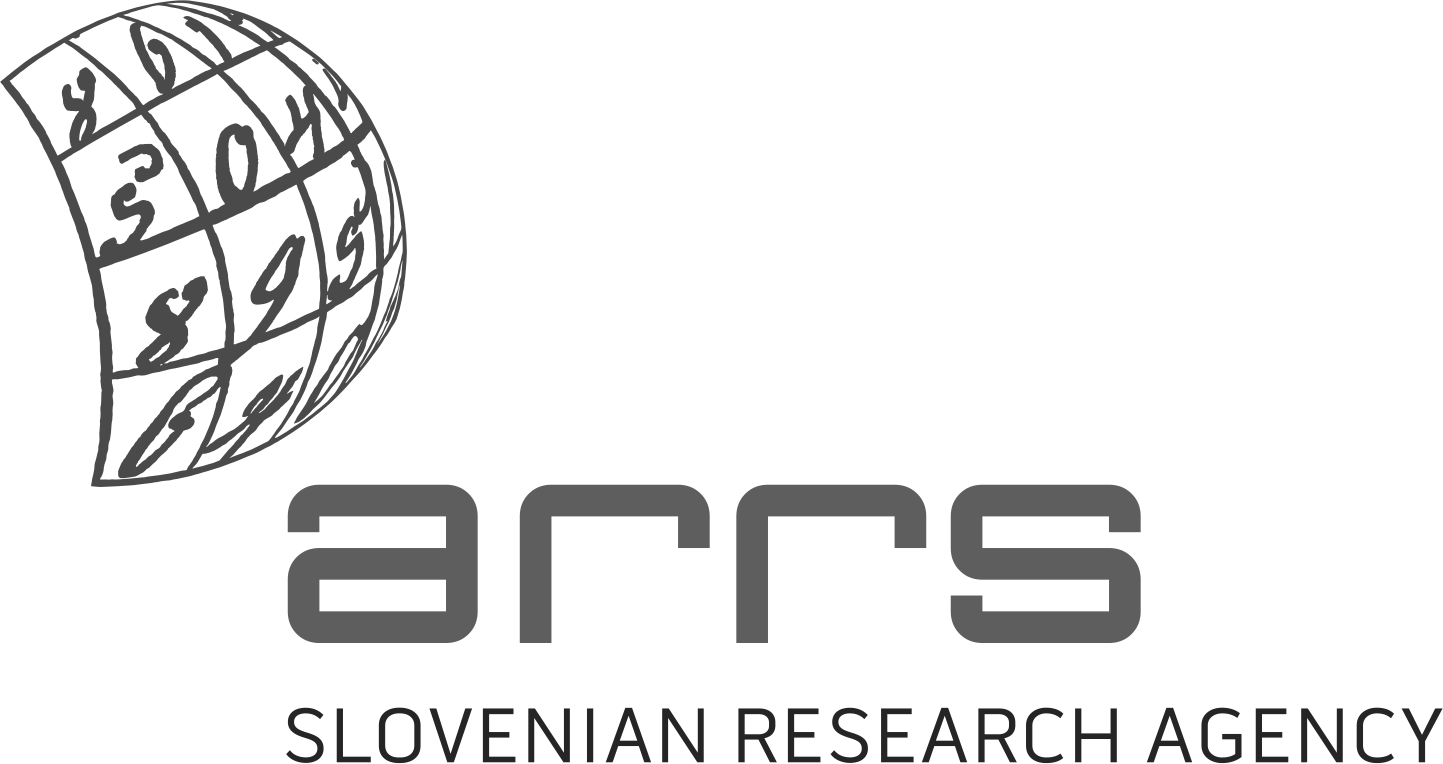The aim of this work was to investigate the degradation and fragmentation of different plastics materials in soil. Our attention was focused on polyethylene terephthalate (PET) and melamine etherified resin (MER) in the form of nonwoven fibres, and polylactic acid (PLA) in the form of foils. The PLA polymer represents in this study as an alternative to petroleum-based polymers. All plastic samples were cut into 5x5 cm2 pieces, buried in soil, and incubated in climatic chamber KK-105 CH at 95 % relative air humidity and 29 C. After one, three and six months (only in the case of PLA after four months) the samples were removed from the soil and rinsed in ethanol/water (70/30 vol.%) solution for about 10 minutes before drying at room temperature. Generally, the degradation of plastics is highly dependent on the type of polymer and its properties. During different process of degradation, there is a change in the polymer structure in terms of the degree of crystallinity and the formation of carbonyl groups, and these changes can be followed by attenuated total reflection Fourier transform infrared spectroscopy (ATR-FTIR) and differential scanning calorimetry (DSC).


